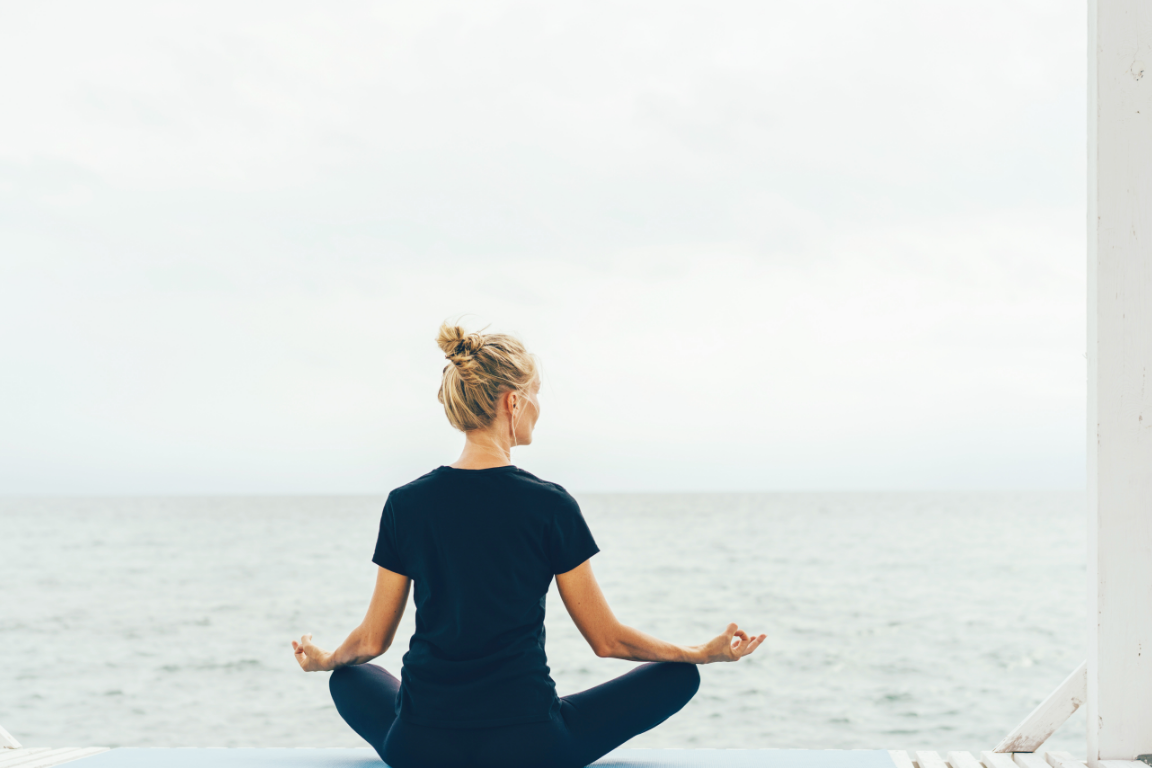Part One
If you were to have a physical injury, for example, a broken bone, you would go to the hospital and seek medical treatment. We need to think about our mental health in the same way as a physical injury you can see. An injury, whether physical or mental should be recognised and healed. It is vitally important we recognise and reflect on our own mental health in the same way we do our physical health.
When we think about mental health we can sometimes see this as something with a negative stigmatism. Instead, the term mental wellbeing can have a more positive outlook: looking out for our own and others’ mental wellbeing is vital. Particularly whilst we endure another lockdown.
Mental wellbeing is something we should all be aware of and all take account of. We should all recognise that this is something we should look after: in the same way as we take a paracetamol to heal a headache, we should take time to relax and re-energise to heal our minds. There should be recognition that mental wellbeing can be both positive and negative: in the same way that one day we can feel physically well but another day we may have the flu. We need to take time to build our mental wellbeing and to recover our mental wellbeing if it is not feeling as positive as it usually would be: in the same way as you might take time to recover from the chicken pox. We may need to take time off work when we are unwell with a migraine; we may also need to take time off work when we are unwell with negative thoughts or emotions. Mental wellbeing should be thought of in the same way as we think about physical wellbeing.
Having a positive mental wellbeing is about recognising when your emotions are as they normally are for you compared to when they are not as they normally are. Mental wellbeing is about recognising when you need to take time for yourself, time to recharge, time to spend alone or with your loved ones, time to ask for help, time to contact a doctor.
Mental wellbeing can be both positive and negative. What is important is recognising when your mental wellbeing is not as it should be or not as positive as it normally is for you and asking for help. Help that would be asked for with no questions asked if it were a physical injury, so therefore no questions should be asked with mental wellbeing.
If you feel your mental wellbeing is becoming more negative and spiraling in a direction you don’t want it to, ask for help. Take time for yourself: go for a walk, explore a different hobby, curl up with a blanket, watch the sunrise, catch up with a loved one, turn off from work, turn off your phone, try some exercise, arrange a video call with a friend. Do whatever will make you feel settled, relaxed and in a state of calm.
Look after your own mental wellbeing.
Also look after the mental wellbeing of those around you: tell them if you recognise a change in behaviour, a change in emotions or a change in state – they might need you to say something.
Normalise the way we talk about mental wellbeing and mental health to the way we talk about physical health.
Think about our mental health in a positive way and the happiness our mental wellbeing can bring to ourselves and those around us.
For an A-Z of support helplines available, visit the NHS website:
https://www.nhs.uk/conditions/stress-anxiety-depression/mental-health-helplines/
You can join us on our social media pages, follow us on Facebook or Twitter and keep up to date with whats going on in South Devon.
Got a news story, blog or press release that you’d like to share or want to advertise with us? Contact us




























